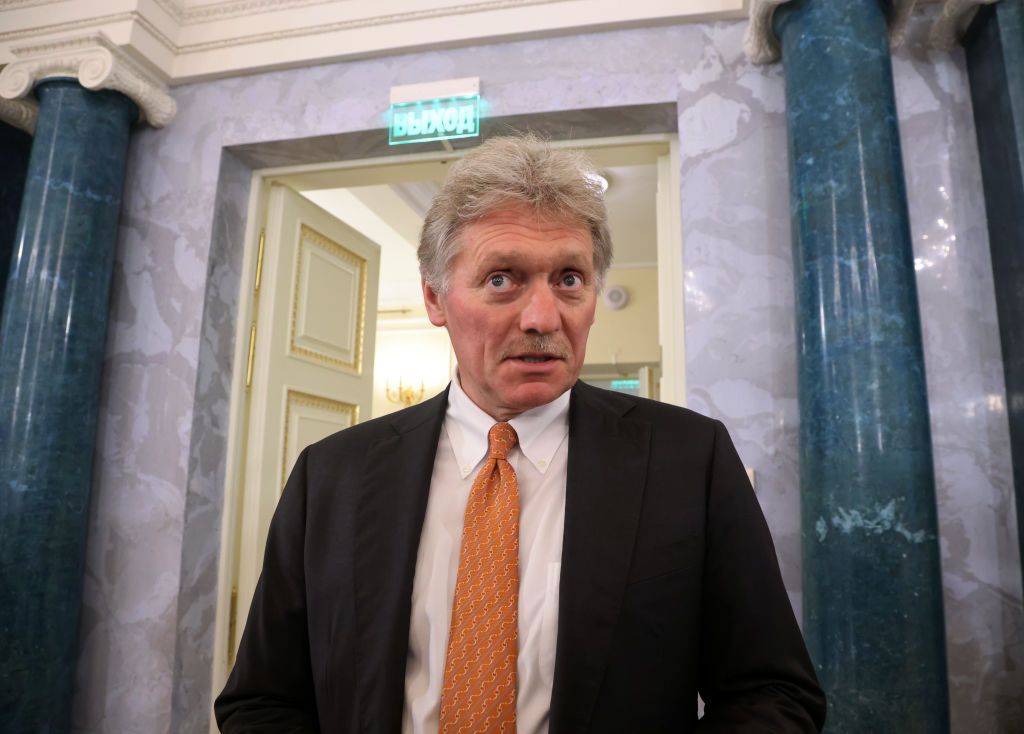US to know whether Russia 'serious about peace' with Ukraine in coming weeks, Rubio says

The U.S. will know within weeks whether Russia is serious about a peace deal with Ukraine, Secretary of State Marco Rubio said on April 4, Reuters reported.
"We will know soon enough, in a matter of weeks, not months, whether Russia is serious about peace or not. I hope they are," Rubio said. He added that if the process drags on unnecessarily, U.S. President Donald Trump would not engage in "endless negotiations about negotiations."
His remarks follow reports that Trump is increasingly frustrated by continued aerial strikes from both Russia and Ukraine despite his mediation efforts.
The Telegraph reported on March 23 that Trump is growing angry over the ongoing attacks, while NBC News said on March 30 that he is "pissed off" at Russian President Vladimir Putin's fixation on President Volodymyr Zelensky.
"We're testing to see if the Russians are interested in peace. Their actions — not their words, their actions — will determine whether they're serious or not, and we intend to find that out sooner rather than later," Rubio said.
Kyiv had agreed to a full 30-day ceasefire in U.S.-mediated talks in Jeddah on March 11, but Russia rejected it unless it included conditions limiting Ukraine's military capabilities, such as ending foreign military aid.
Instead, Ukraine, Russia, and the U.S. reached a partial ceasefire covering energy infrastructure and the Black Sea. Two days later, Zelensky accused Russia of striking Kherson's energy facilities, calling for a response from Washington.
Moscow denied the attack, with Kremlin spokesperson Dmitry Peskov claiming Russia had adhered to the agreement but "reserves the right" to abandon it if Ukraine violates the terms.
The Russian side accused Ukraine of striking the Sudzha gas metering station in Kursk Oblast, a claim Kyiv dismissed as an attempt to justify further attacks.
Russian Foreign Minister Sergey Lavrov said on April 1 that Moscow had sent a list of alleged Ukrainian ceasefire violations to the U.S., the U.N., and OSCE.
Zelensky ordered Defense Minister Rustem Umerov on March 28 to provide Washington with proof of Russian ceasefire violations. The U.S. has not yet responded to either side's claims.
While Trump has occasionally floated measures such as extra sanctions and tariffs on Russia, he has yet to take concrete steps to pressure Moscow, which continues its offensive operations.











